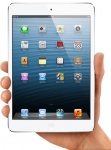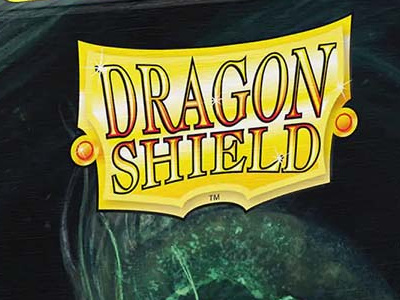
Two major new tablet releases announced in the week have the potential to further expand the impact of the devices on geek culture, not only because they provide another way to view videos and read books, but also because they offer new ways to deliver game apps and comics.
Apple announced its iPad Mini, with a smaller screen and a lower starting price ($329), although it’s still pricier than other small tablets of similar size. It also revealed during its earnings release that sales of the full-size iPads have been lower than anticipated, which management attributed to people waiting for the long-rumored smaller version. While the Mini at that price may not be a gigantic mass market hit, it still expands the market to include people who previously couldn’t afford the iPad at $500 and up. IPad apps will run on the Mini, which means games such as Days of Wonder’s Ticket to Ride for the iPad (see “’Ticket to Ride’ Goes High Res”), and comic apps such as comiXology, iVerse, and Madefire (which was featured in Apple’s launch push) will run on it.
Microsoft also unveiled the Surface tablet, its first hardware product, last week. Its screen size is competitive with the iPad, although the resolution is not. The price is similar to the price of an iPad. It features a full keyboard on the cover, which is a nice feature. But apps for the device are still being built, with many not available at launch.
Both of these devices will expand the market for tablets: the iPad mini to people that wanted an iOS-based device but didn’t want the big screen version or its price, and Microsoft’s Surface to people that were waiting for a Windows-based tablet before taking the plunge. Recent history has shown that new devices have driven game and comic app downloads, so new groups of consumers entering the tablet market will be good for the comic and game publishers that make money from those apps. And both game and comics apps have been positive forces on the print versions of the products. Tales of Wonder, for example, has tied expansions in its sales of Ticket to Ride to surges in sales of its apps (see “15 Million Online ‘TTR’ Games”), while comic sales have been increasing (see “Comic Retailers Cautiously Ecstatic”) at the same time as digital comic sales have been expanding rapidly (see “ICv2’s Comic Market Size Analysis for 2012”).
Some are viewing tablets as a new mass market channel for geek culture that overcomes the lack of enough comic and game stores to reach the entire population. And as long as some of the new customers find their way to those stores to buy real world products, it’s going to be a benefit for both publishers and retailers.
--Disclosure: ICv2 has a business relationship with comiXology as a representative for its Retailer Tools; ICv2 CEO Milton Griepp also serves on the board of comiXology.







